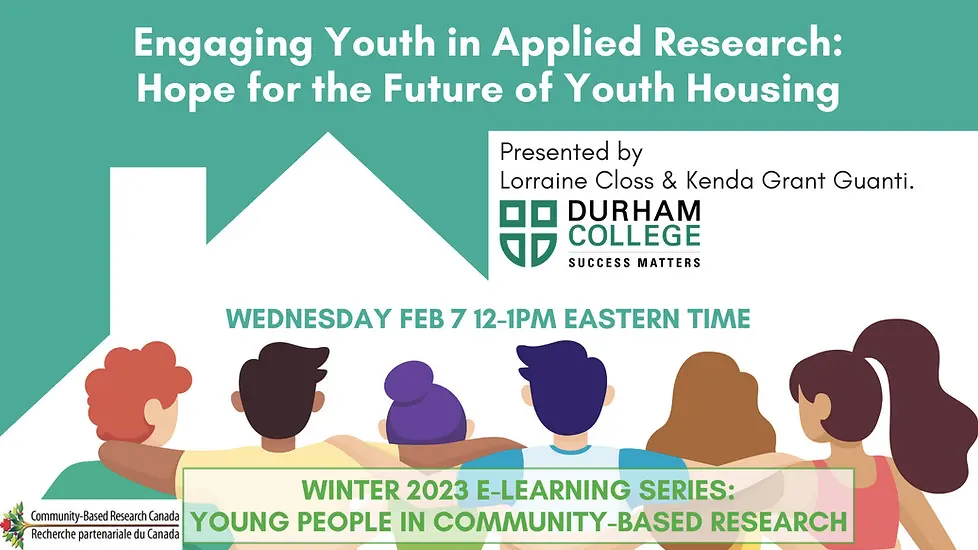What I Wish I Knew: Publishing your Second Book – Feb. 6, 2024
Are you thinking of writing your second book? The second monograph writing endeavour is unique and while you’ve gained skills and insight into the scholarly publishing process from your first book, understanding the distinctions with the second book project will set you up for publishing success. Panelists will address the relationship between promotion to Professor […]




